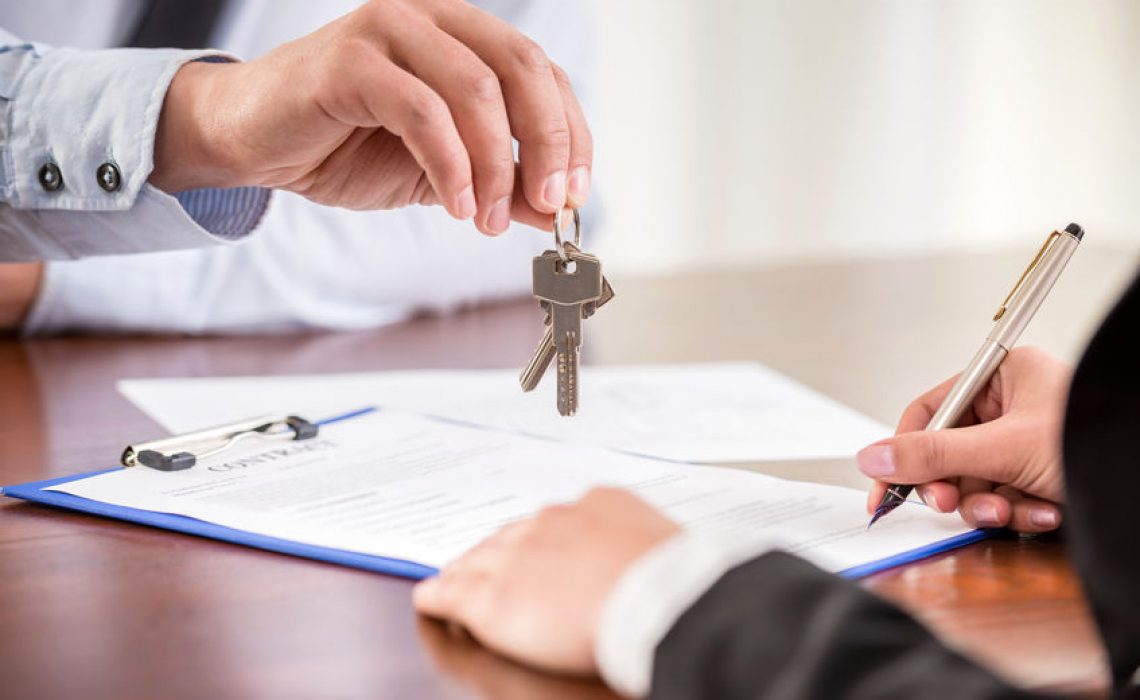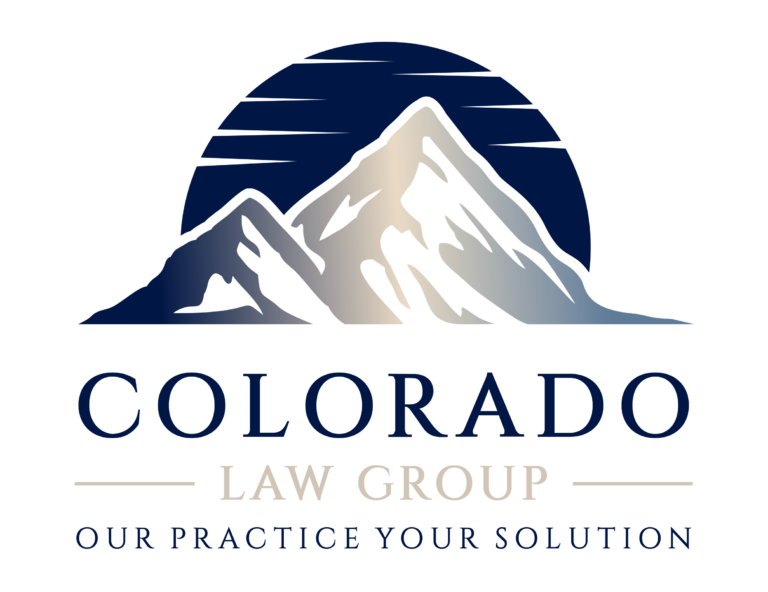
Lease Issues for Small Business Owners
For most small business owners, the most complex and expensive legal arrangement they enter into is their lease for their business premises. The purpose of this article is to highlight for small business owners some of the standard provisions of a typical business lease.
One of the most common initial misperceptions of a lease is that the liability under the lease is on a month-to-month basis. In other words, the Tenant is liable only for the rent for each month it occupies the premises. However, the liability of a Tenant is for the entire term of the lease subject to the Landlord’s having to mitigate its damages by trying to relet the premises.
The next major financial item to understand about a lease is whether it’s “gross” or “net.” Typically, a “gross lease” means that the stated monthly rent will cover all Tenant’s financial obligations under the lease. Specifically this means that the Landlord is then responsible for all other costs associated with the premises including insurance, taxes and utilities. Under a “net lease,” the rent quoted to the Tenant is not inclusive of such additional expenses. These are the Tenant’s responsibility. Sometimes these additional expenses are referred to as “additional rent” or “triple nets.” If the premises is not a stand-alone building, the Tenant’s liability for such expenses is pro rata based on the Tenant’s premises’ square footage related to the overall square footage of the building.
Another financial consideration that should be dealt with in the lease is if there are common areas, i.e., areas outside the leased premises in the building, which are used by the public and the Tenant on a non-exclusive basis. Many times the cost of maintaining and repairing these common areas, such as foyers, parking lots, landscaping and sidewalks, are an additional cost added to the expenses to be paid by the Tenant. This includes, for example, the repaving of a parking lot, janitorial service, snow removal and the like.
Another important item that the lease should address is who is responsible to maintain the premises. Typically, a Landlord is responsible for structural items such as the walls and foundation. The Tenant is typically responsible for the interior maintenance and repair of the premises. A key maintenance item to address is the roof. Tenants should be careful to determine who is required to replace the roof. The Tenant should have some idea of the condition of the roof at the time of the lease otherwise the Tenant may be responsible for its replacement.
Another item of concern is the maintenance and repair of the heating and cooling system, i.e., the “HVAC.” The Tenant should be clear as to who is responsible to maintain and repair the HVAC. Even if it is Landlord’s responsibility, it is standard for the Tenant to have to enter into a HVAC maintenance agreement.
Another possible hidden financial liability is who’s going to complete any tenant improvements or build outs of the premises, if necessary. The lease should be very clear about such responsibility. Typically, a Landlord will allow the Tenant a certain per square footage allowance to complete the tenant improvements and Tenant will complete those with its contractor, subject to the Landlord’s approval of such contractor. Remember such allowance will be factored into the Tenant’s base rent.
Another provision that is important in a lease is whether or not the Tenant can sublet or assign the lease to another Tenant. Typically a Tenant cannot sublet or assign the lease without the Landlord’s consent. However, the Tenant will want to make sure that the Landlord’s consent is “reasonable.” Reasonable consent means that any new Tenant would use the premises for the same or a similar purpose and be as financially capable as the Tenant to meet the rent obligations.
Finally, the most important document in any business lease is the personal guaranty. Typically, a small business owner will not be able to obtain lease space without a personal guaranty, even if the business is operating as an entity. If at all possible, a business owner should exclude their spouse from signing the personal guaranty. Also, a Tenant can ask for a limitation on the personal guaranty. For example, a Tenant can ask that the personal guaranty is only for the first two or three years of the lease or is limited to a specific dollar amount.
In summary, the financial obligations under a business lease are substantial and do not simply include the monthly rent. These additional expenses should be included in any business plan of the small business owner.



